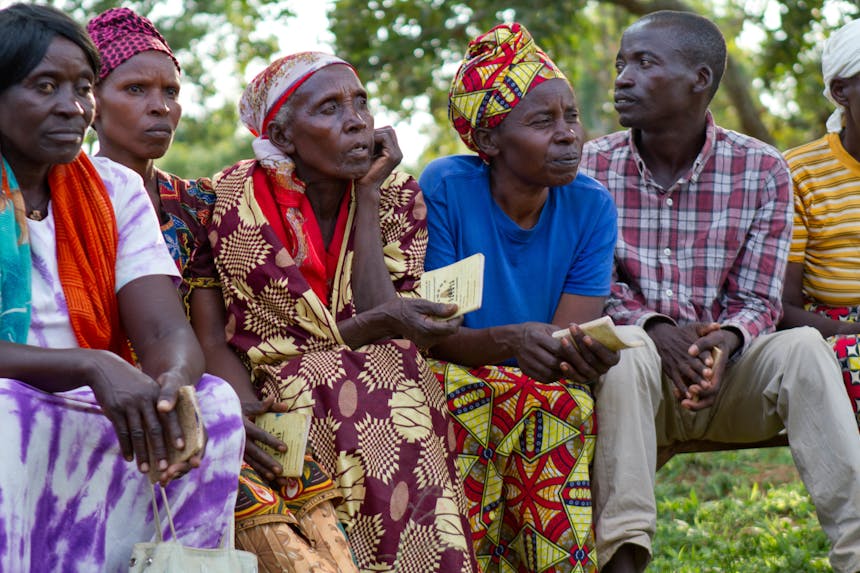Women’s Voice and Leadership
CARE promotes leadership and collective strength of women to increase their influence within decision-making processes. We help create the right conditions for women to have an equal voice and act as leaders. We seek to promote equitable gender relations and social norms and advocate for more supportive policies, procedures and legislation. In (post-) conflict settings we promote the implementation of United Nations Security Council Resolution 1325, which affirms the important role of women as equal partners in conflict prevention, relief and recovery efforts.

Key resources
- CARE’s approach to achieving women’s equal voice and leadership in public life and decision-making provides direction for implementing Gender Equality and Women’s Voice programming.
- The Community Score Card is a tool for promoting dialogue between the demand side (“service user”) and the supply side (“service provider”) of a particular service. It is widely being used by CARE to increase women’s participation in decision-making processes at local levels.
- CARE’s Advocacy Handbook is structured around an eight-step advocacy planning cycle and can be used to plan an advocacy initiative from start to finish.
- CARE articulated 8 design principles for shifting discriminatory social norms and associated practices including Gender Based Violence.
- CARE implements activities engaging men and boys to complement activities focusing om women to advance women’s rights.
- CARE’s Social Analysis and Action model, is a community-led social change process through which individuals and communities explore and challenge social norms, beliefs and practices around gender and sexuality.
- CARE monitors and measures shifts in social norms through a variety of methodologies, including vignette studies.


